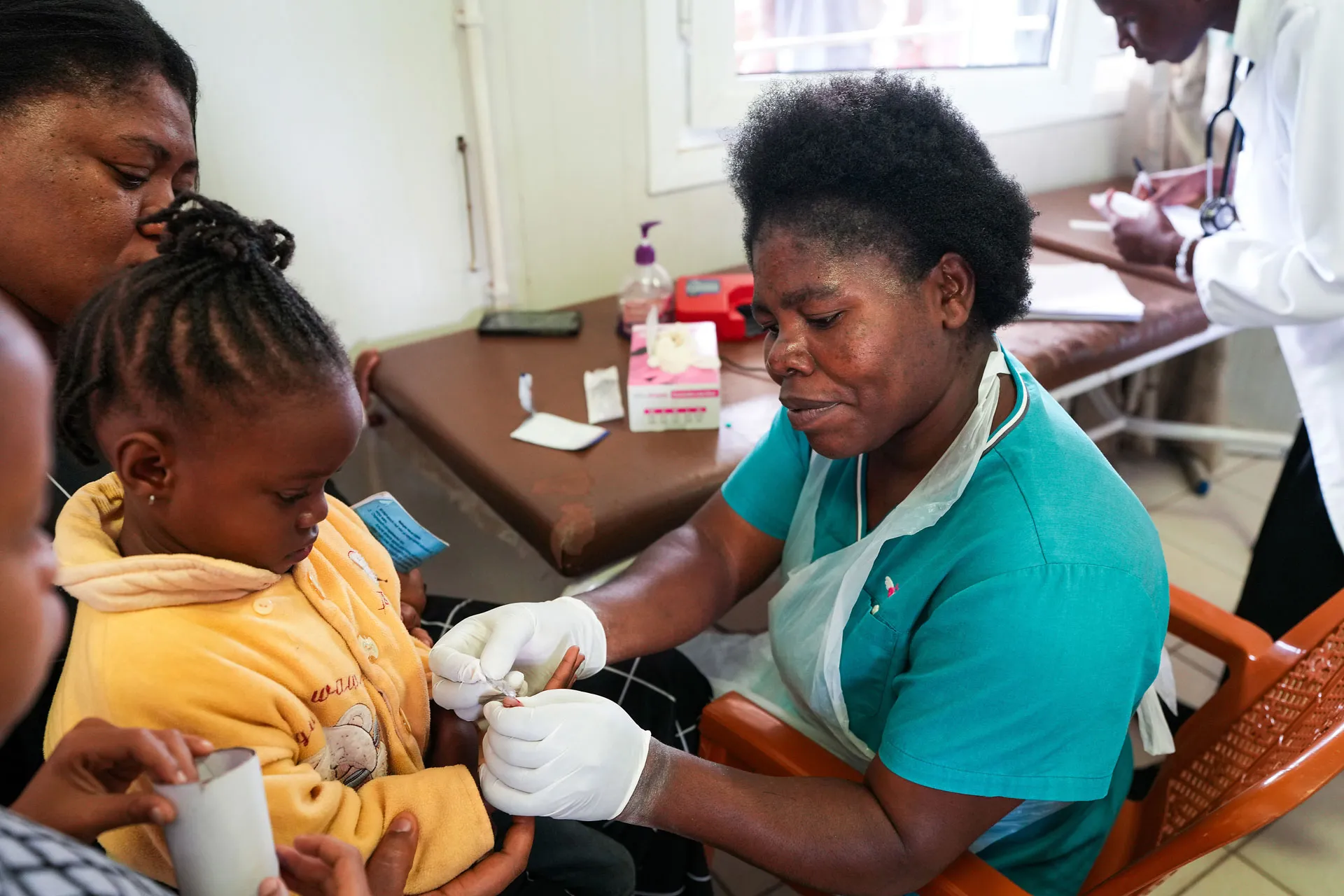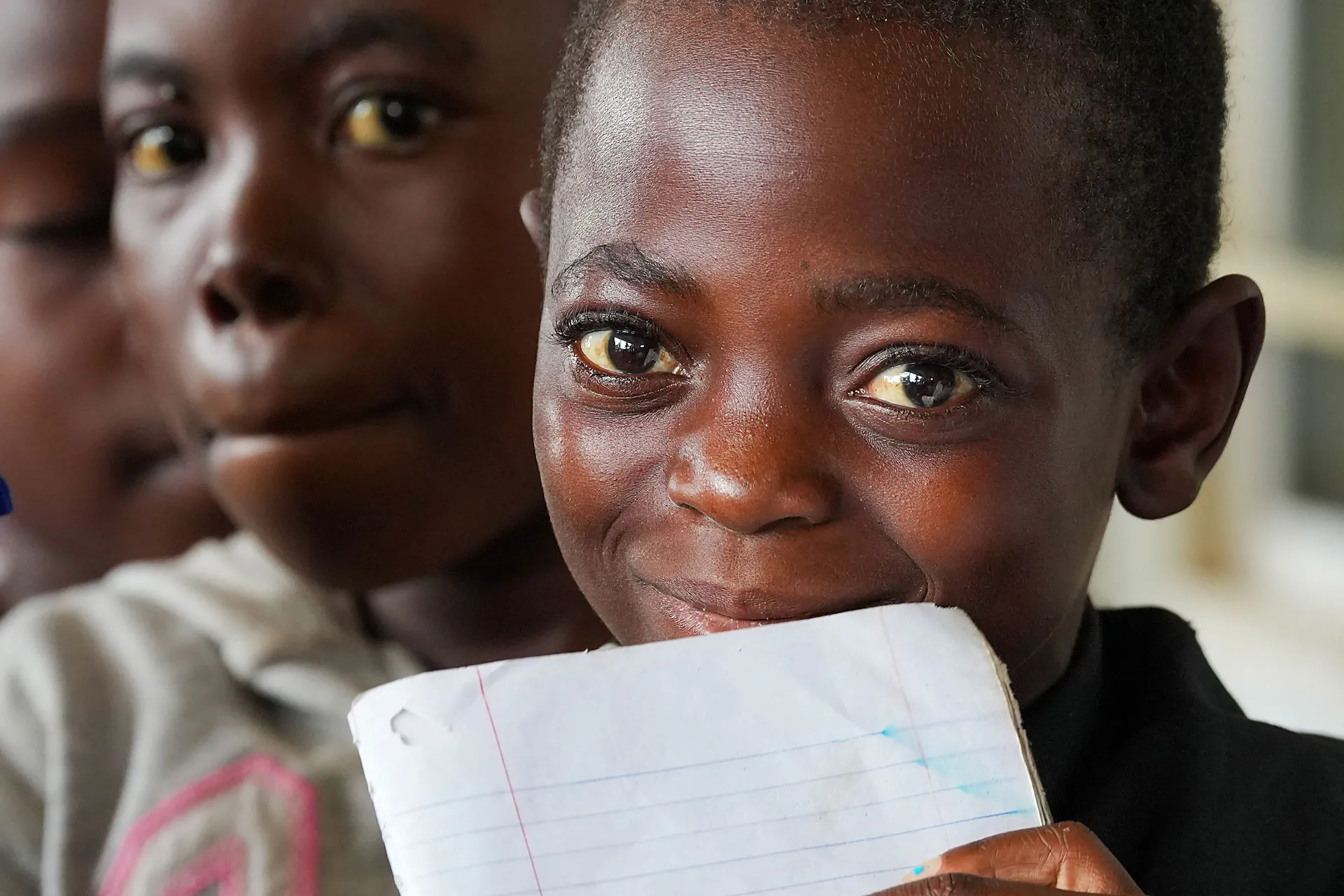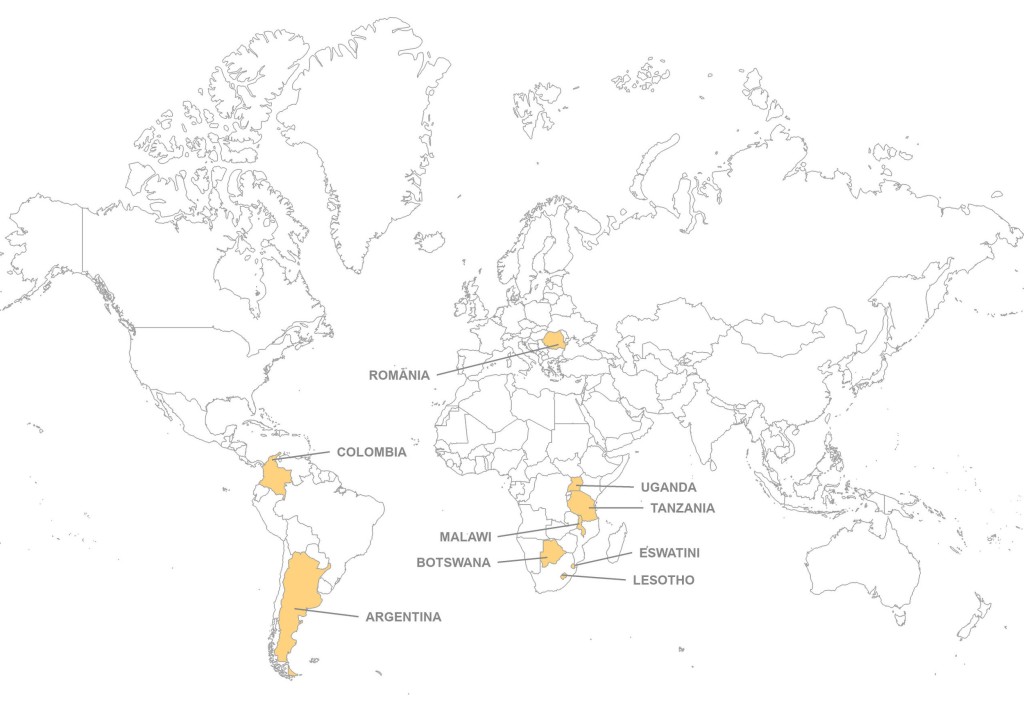Texas Children's Global Health Sickle Cell Disease
The collaboration embodies a new era of global health — one built on partnership, local expertise and sustainable innovation. Together, Texas Children’s Global Health Network and Africa CDC are giving children across Africa a healthier start and a brighter future.
Fighting sickle cell disease
Thank you for supporting our partnership. Your gift makes a difference in the lives of children and families around the world.
The challenge
Sickle cell disease affects more than 300,000 infants worldwide each year — and Africa carries 85% of that burden.
Without timely diagnosis and treatment, children with sickle cell disease experience chronic, disabling pain and face shortened lifespans.
But sickle cell disease is treatable. Through early screening, preventive care and access to essential medicines, children can live longer, healthier lives.
This partnership aims to integrate proven interventions — such as newborn screening and hydroxyurea therapy, among others — directly into routine primary health services.
Our Approach

We’re implementing a continent-wide, public health model for childhood sickle cell disease control in partnership with Ministries of Health, health care providers and local communities.
Key actions include:
- Newborn screening to enable early diagnosis
- Routine childhood immunization
- Daily penicillin prophylaxis to prevent infection
- Hydroxyurea therapy to reduce complications and pain
- Training health care workers to deliver sickle cell disease services at the primary care level
- Deploying digital tools for diagnosis, treatment monitoring and supply chain support
Initial demonstration programs will be launched in 2–3 countries with high sickle cell disease burden, serving as models for broader scale-up across the continent.
Driving impact

To ensure long-term impact, the partnership supports the development and adoption of national sickle cell disease policies. This includes several goals:
- Creating and disseminating the Africa CDC’s essential sickle cell disease care package
- Embedding sickle cell disease services into existing maternal and child health infrastructure
- Advocating for policy alignment and funding prioritization across African Union Member States
- Leveraging the African Pooled Procurement Mechanism (APPM) to increase access to affordable medicines and diagnostics
Where we work

